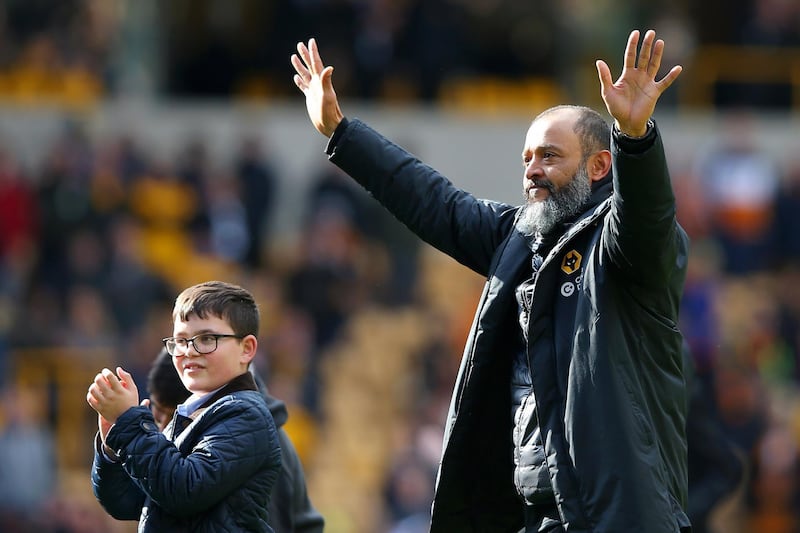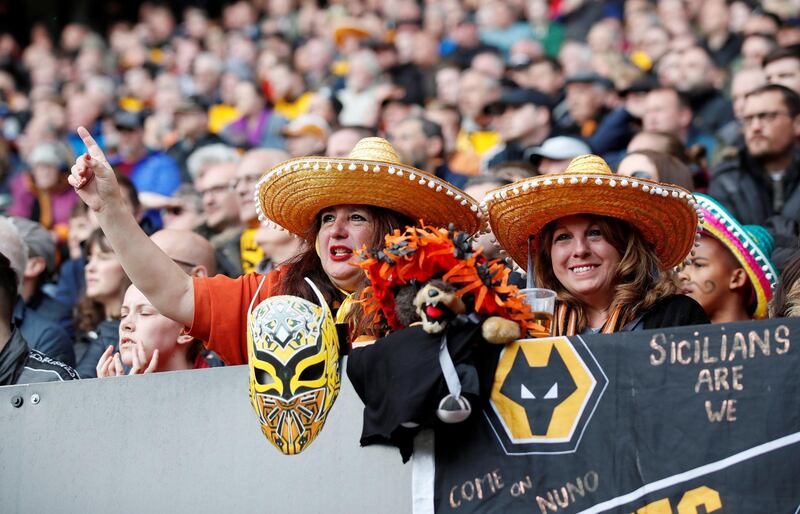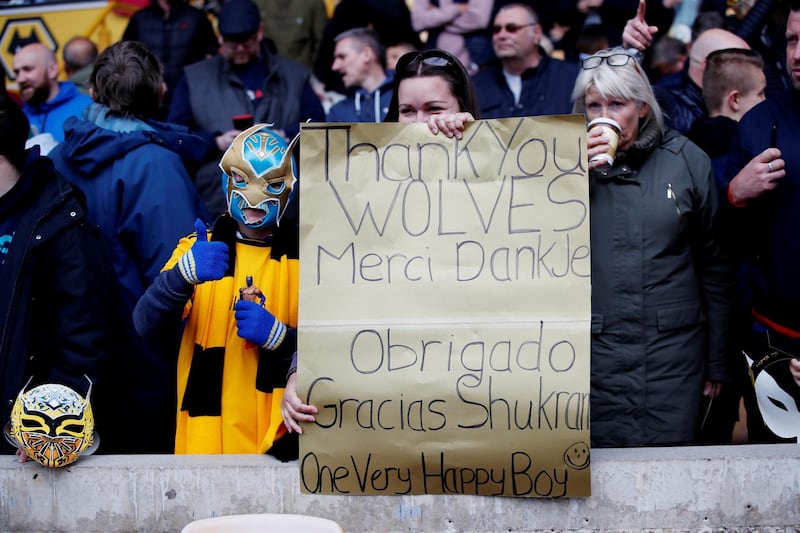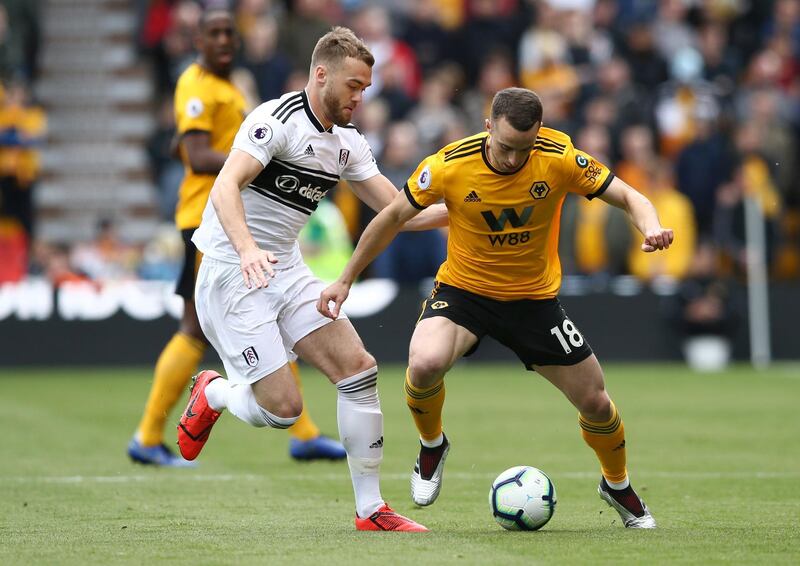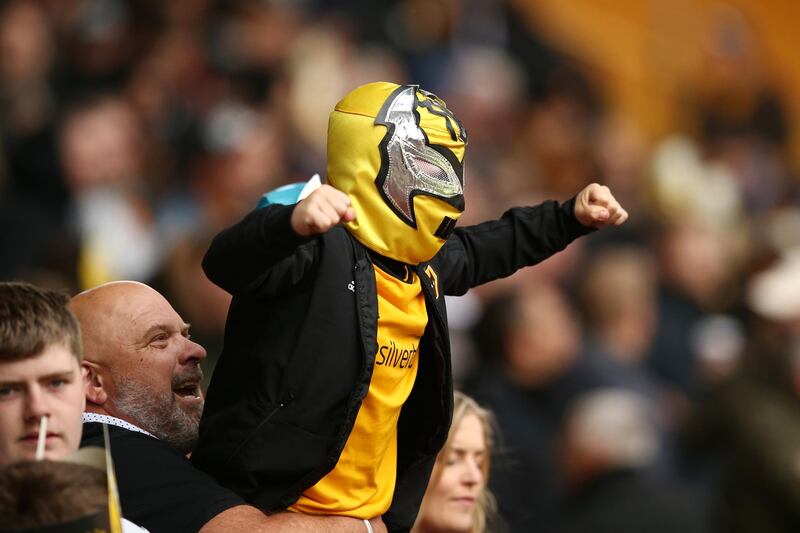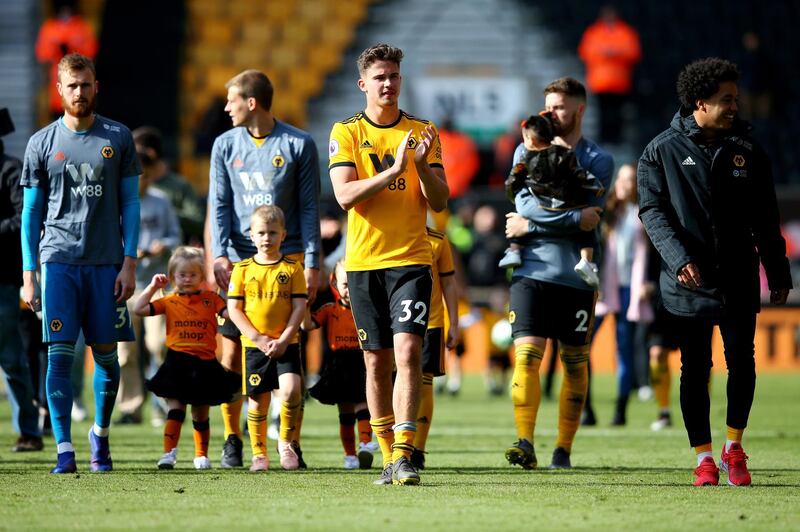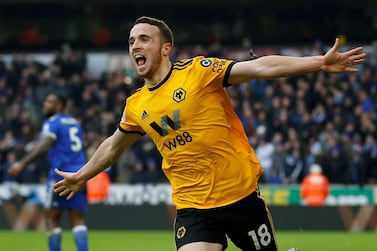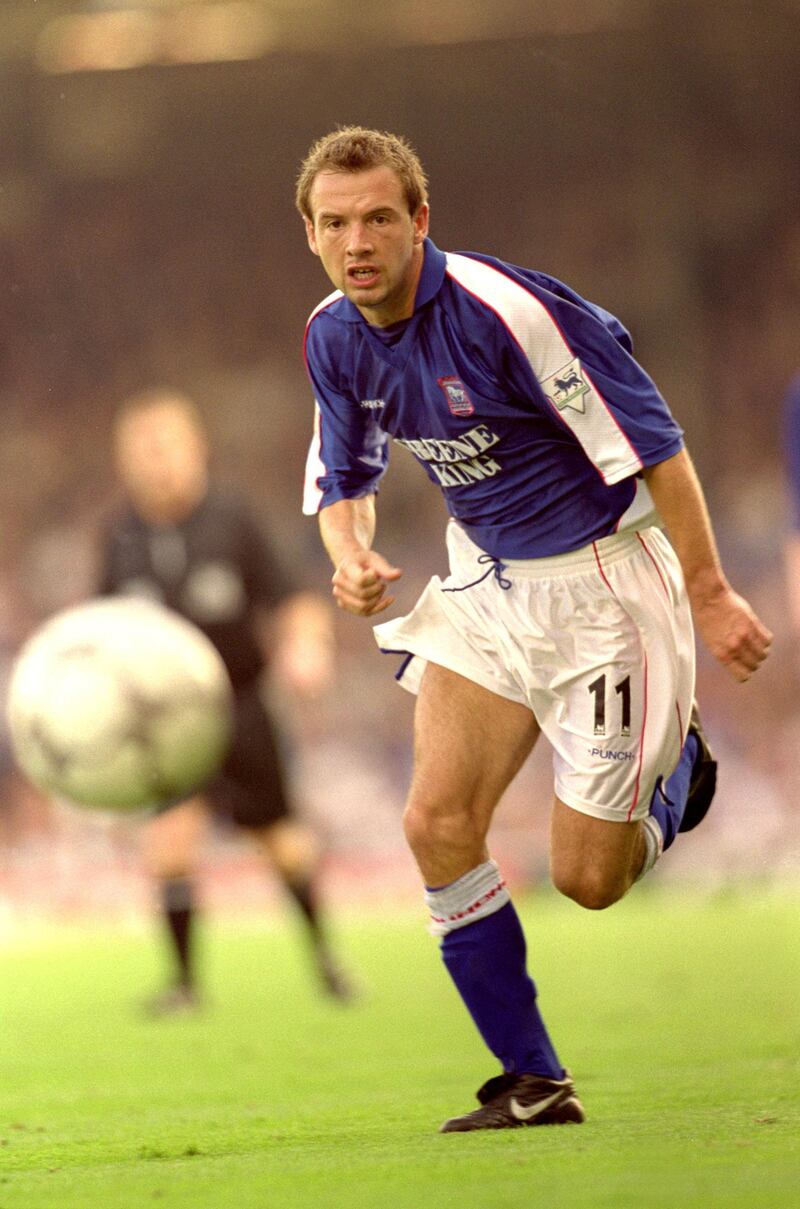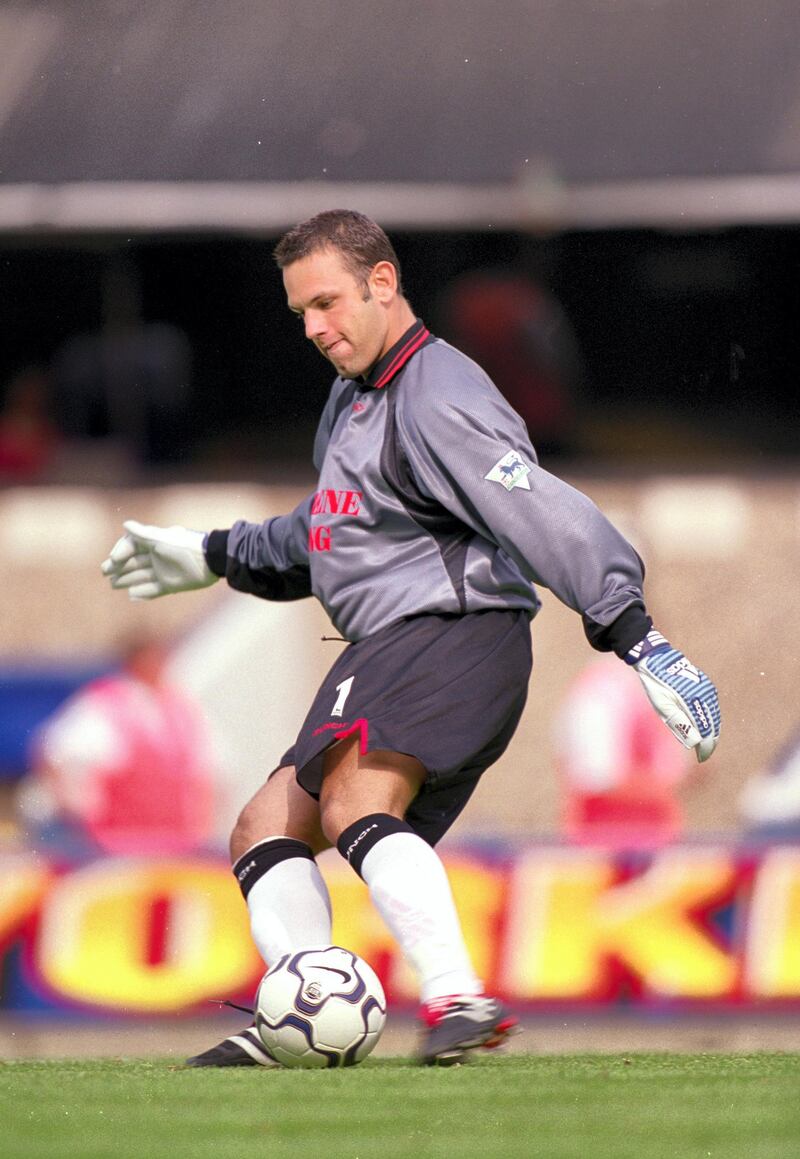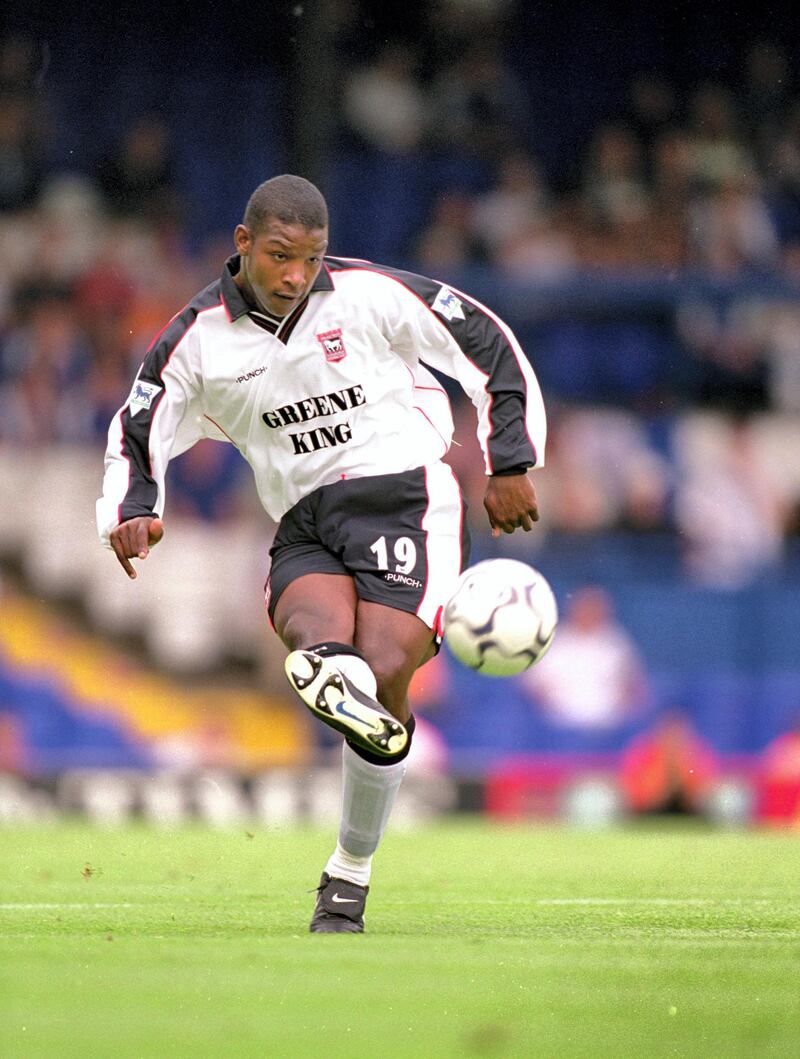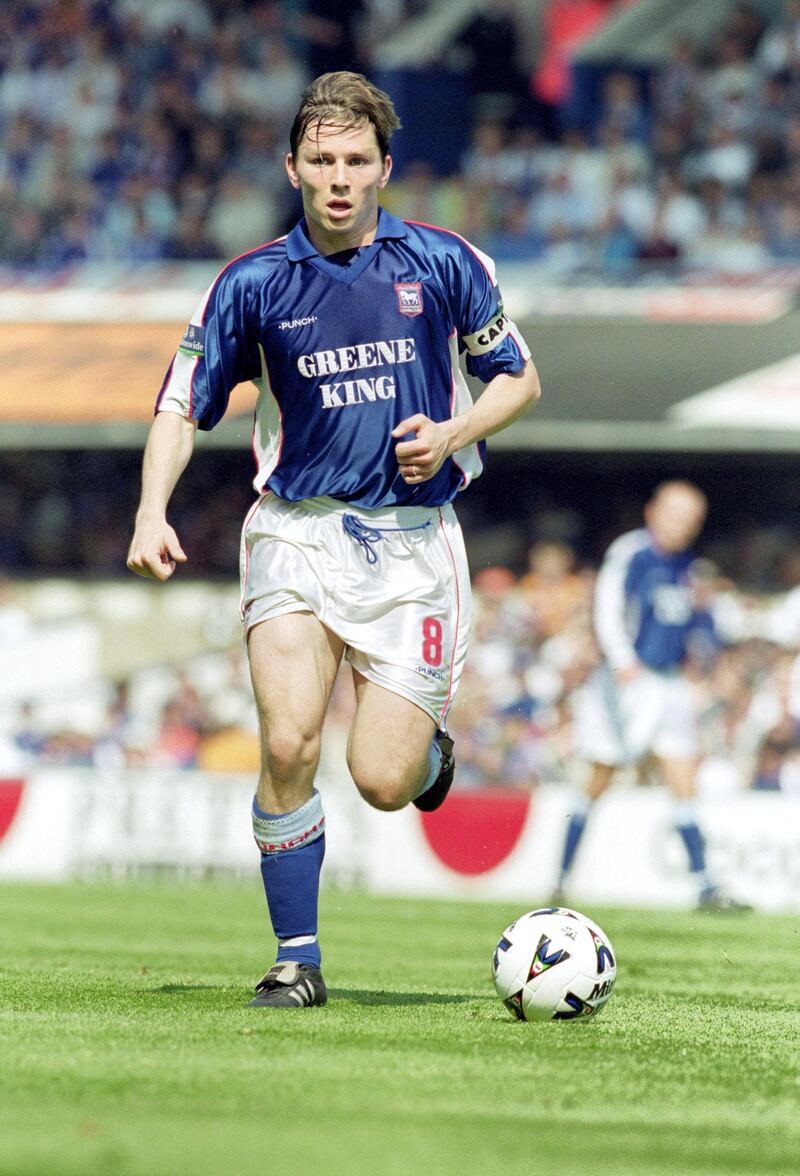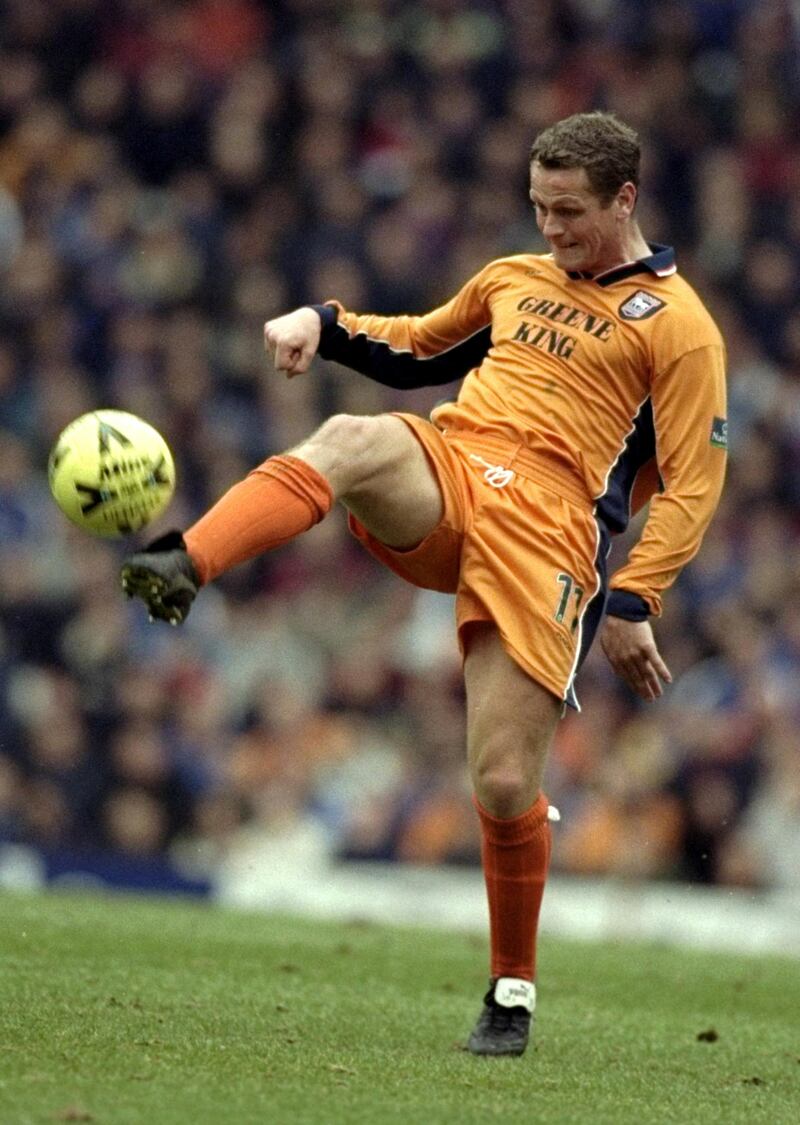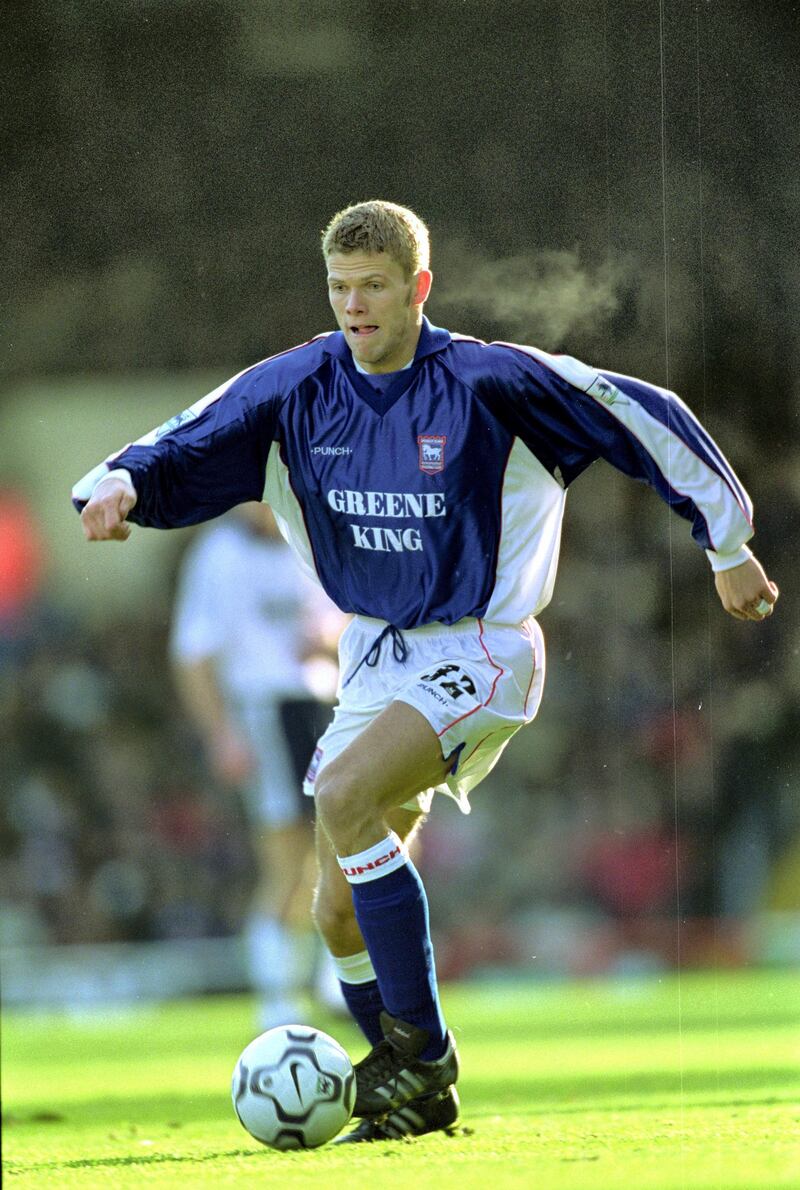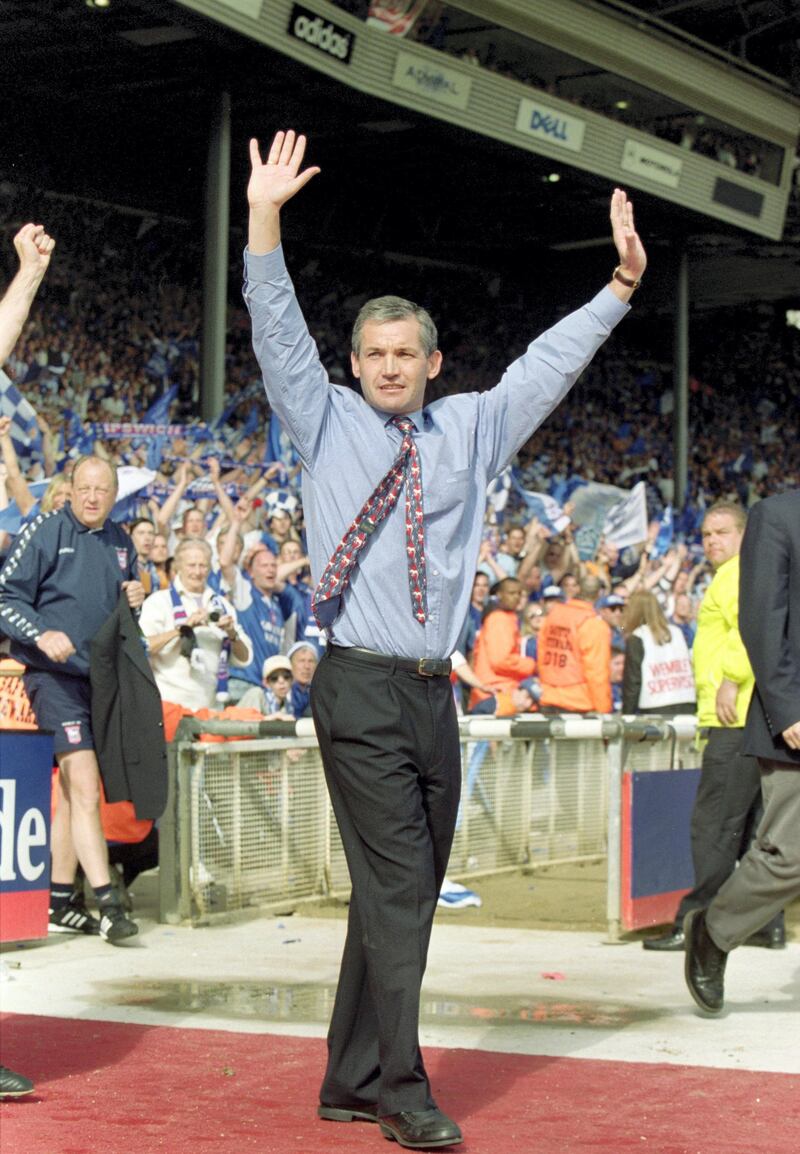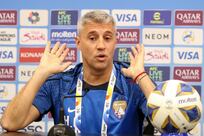Wolves deserve all the plaudits this season for a fantastic first season back in the Premier League.
Under Nuno Espirito Santo they play with a free-flowing style through ball-playing midfielders Ruben Neves and Joao Moutinho, Raul Jimenez has proved himself a striker of Premier League quality, Diogo Jota has scored 10 goals since December while Conor Coady and Ryan Bennett have been part of a defence that has conceded 44 goals in 37 games. That's six less than Arsenal and eight less than Manchester United.
Regardless of their result against title-chasing Liverpool on the final day of the season, Wolves are guaranteed to finish seventh, the highest placing by a newly promoted side in 18 years.
Cast your mind back to a time when Leeds United were among the top teams battling it out for the title, Sunderland and Charlton Athletic (now in League One, English football's third tier) finished in the top 10, while Manchester City were relegated.
And there, in fifth place at the end of the 2000/01 season, were Ipswich Town.
Ipswich a surprise package
They had been promoted via the play-offs after defeating Barnsley 4-2 in a dramatic Wembley final. For year they had been banging on the promotion door but kept falling just short. But manager George Burley, who won the FA Cup and Uefa Cup as an Ipswich player, persevered.
During the promotion year, Burley was able to reinvest some of the funds from the sale of England international Kieron Dyer, who was sold for £6.5 million to Newcastle United. Undoubtedly the most important investment was the £2.5m spent on striker Marcus Stewart, who arrived from Huddersfield Town with just a couple of months left of the 1999/2000 season.
Marcus Stewart, that name rings a few bells ...
It should, if you're of a certain age. Firstly though, it's worth noting that Stewart's Ipswich career didn't start off too spectacularly. He scored in his first two matches then went eight games without a goal leading up to the play-offs. Having spent his entire career outside the top flight, Town fans were initially sceptical of their new record signing. He was physically small, didn't jump particularly well and lacked pace. But come the play-offs, Stewart burst into life, scoring two goal-of-the-season contenders against Bolton Wanderers in the semi-final as well as a goal against Barnsley in the final.
Did he make the step up to the Premier League?
He only went and finished second in the top scorers list, with 19 league goals in 33 starts - four goals behind the Golden Boot winner Jimmy Floyd Hasselbaink of Chelsea. Stewart outscored Thierry Henry (17) and Michael Owen (17). Had he achieved that goals tally today, international recognition could easily have come his way. Standout highlights included a brace at Goodison Park in a 3-0 win over Everton, two more in a 3-2 win at Manchester City and a hat-trick in front of the live TV cameras at Southampton. What impressed many was the variety of Stewart's goals - he knew how to find space, how to finish and how to make the most of the attributes he had.
Did Ipswich breeze through the season then?
No, they made a stuttering start, winning one of their first five matches, but that included a 1-1 draw with reigning champions Manchester United. Known as The Tractor Boys due to the town's farming background, the wheels began to wobble in January and early February when they lost four league matches in a row and were hammered 4-1 in the League Cup by Birmingham City. They finished the season fantastically, though, winning eight of their last 12 games and claiming a place in the following season's Uefa Cup (now known as the Europa League).
Like Wolves last summer, did they spend big?
The biggest fee paid was £4m for Wimbledon defender Hermann Hreidarsson, who went on to become a fan favourite for his whole-hearted approach, high-kneed running style and crowd-diving goal celebration. Only one other player (Chris Makin) cost more than £1m, as Burley put his trust largely in the squad which had won promotion.
Without a wealthy backer, Ipswich had to rely more on youth, signings from the lower leagues and less obvious parts of Europe. Richard Wright was the best young goalkeeper in the country and joined Arsenal at the end of the season. Titus Bramble was only 19 and without the error-prone tag which dogged him later in his career. Mark Venus and John McGreal had graduated from further down the league ladder, while Matt Holland was an ever present in midfield and went to represent Republic of Ireland at the 2002 World Cup. Then there was Martijn Reuser, a Dutch international winger whose career had stalled at Ajax, and future manager Jim Magilton, who patrolled the middle of the pitch with his voice as much as his feet.
What happened next?
This is where the stories are likely to diverge. While Wolves look set to progress to bigger and better things next season, Ipswich were relegated in their follow-up season. Burley signed a number of expensive foreign players such as Nigeria winger Finidi George and the hapless Italian goalkeeper Matteo Sereni that upset the rhythm of his team, as well as the spirit in the dressing room.
“So you lose players and that building process from the previous five or six years gets a wee bit knocked because you’re bringing a lot of players in to try to improve what you’ve got and give yourself a bigger squad," Burley said.
"That was probably the mistake I made: building the squad up over the previous five or six years, and then dismantling it a little bit."
Town fans at least enjoyed a few more magic moments from Stewart, although he missed two months of the 2001/02 season because of a broken jaw.
There was also the European tour, which took in a memorable victory over Inter Milan before the rot well and truly set in with 6-0 and 5-0 defeats to Liverpool before the season was out.
Ipswich spent the next 17 seasons in the second tier of English football but will play next season in the third division after suffering another relegation.
Wolves have been warned. It can all fall apart so swiftly.
